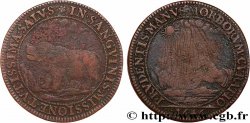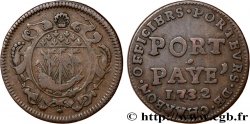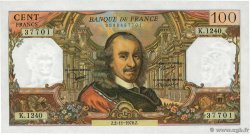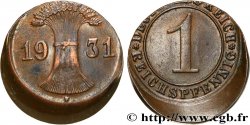Live auction - fjt_662510 - CORPORATIONS Fécandiers de Lyon 1745
You must signin and be an approved bidder to bid, LOGIN TO BID. Accounts are subject to approval and the approval process takes place within 48 hours. Do not wait until the day a sale closes to register. Clicking on "BID" constitutes acceptance of the terms of use of cgb.fr private live auctions.
Bids must be placed in whole Euro amounts only. The sale will start closing at the time stated on the item description; any bids received at the site after the closing time will not be executed. Transmission times may vary and bids could be rejected if you wait until the last second. For further information check the Live auction FAQ
All winning bids are subject to a 18% buyer’s fee.
All winning bids are subject to a 18% buyer’s fee.
| Estimate : | 250 € |
| Price : | no bid |
| Maximum bid : | no bid |
| End of the sale : | 24 October 2023 19:16:03 |
Type : Fécandiers de Lyon
Date: 1745
Metal : silver
Diameter : 31 mm
Orientation dies : 6 h.
Weight : 10,63 g.
Edge : cannelée
Rarity : R2
Catalogue references :
F.10792 - Tricou 56
Obverse
Obverse description : Armes de Lyon sur un cartouche accosté d'une palme et d'une branche de laurier.
Reverse
Reverse legend : AETERNUM DIGNA COLI ; À L'EXERGUE : FABRIQUE DES ETOFFES DE SOYE OR ET ARGENT 1745.
Reverse description : Minerve assise à gauche, dirigeant les travaux de deux petits génies assis devant elle et symbolisant le dessin et le tissage. L'un trace le dessin, et l'autre tient une navette à la main et contemple l'ouvrage du premier. A leurs pieds, quelques ustensiles de la fabrique, signé D.V..







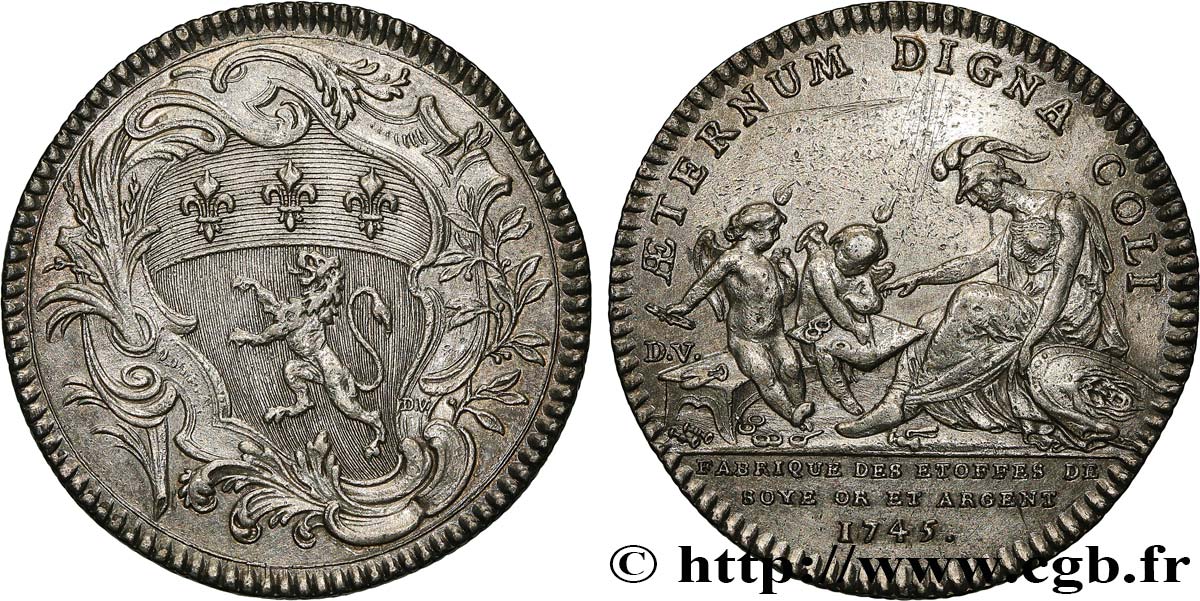
 Report a mistake
Report a mistake Print the page
Print the page Share my selection
Share my selection Ask a question
Ask a question Consign / sell
Consign / sell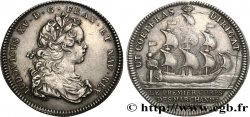
 Full data
Full data
